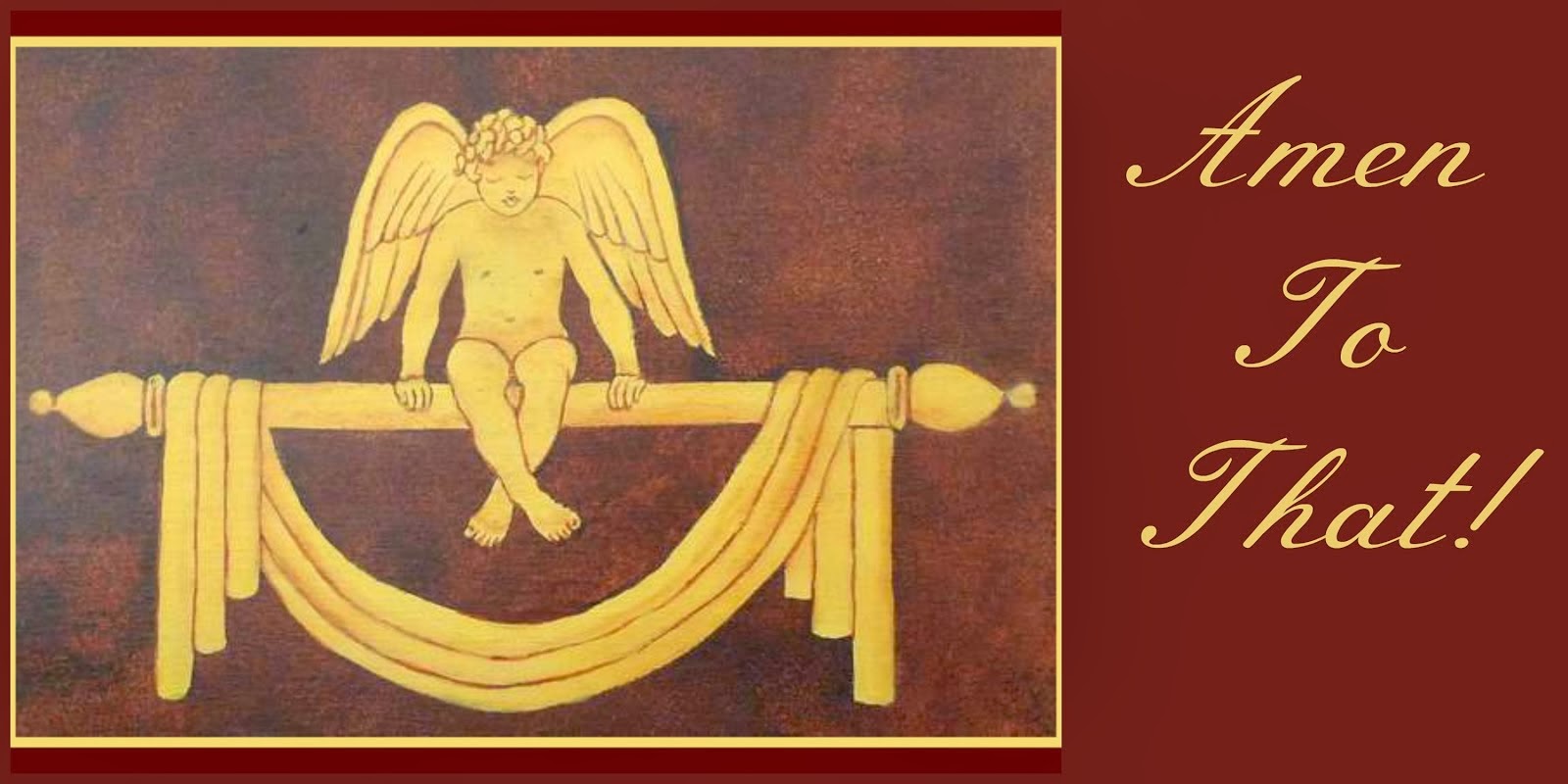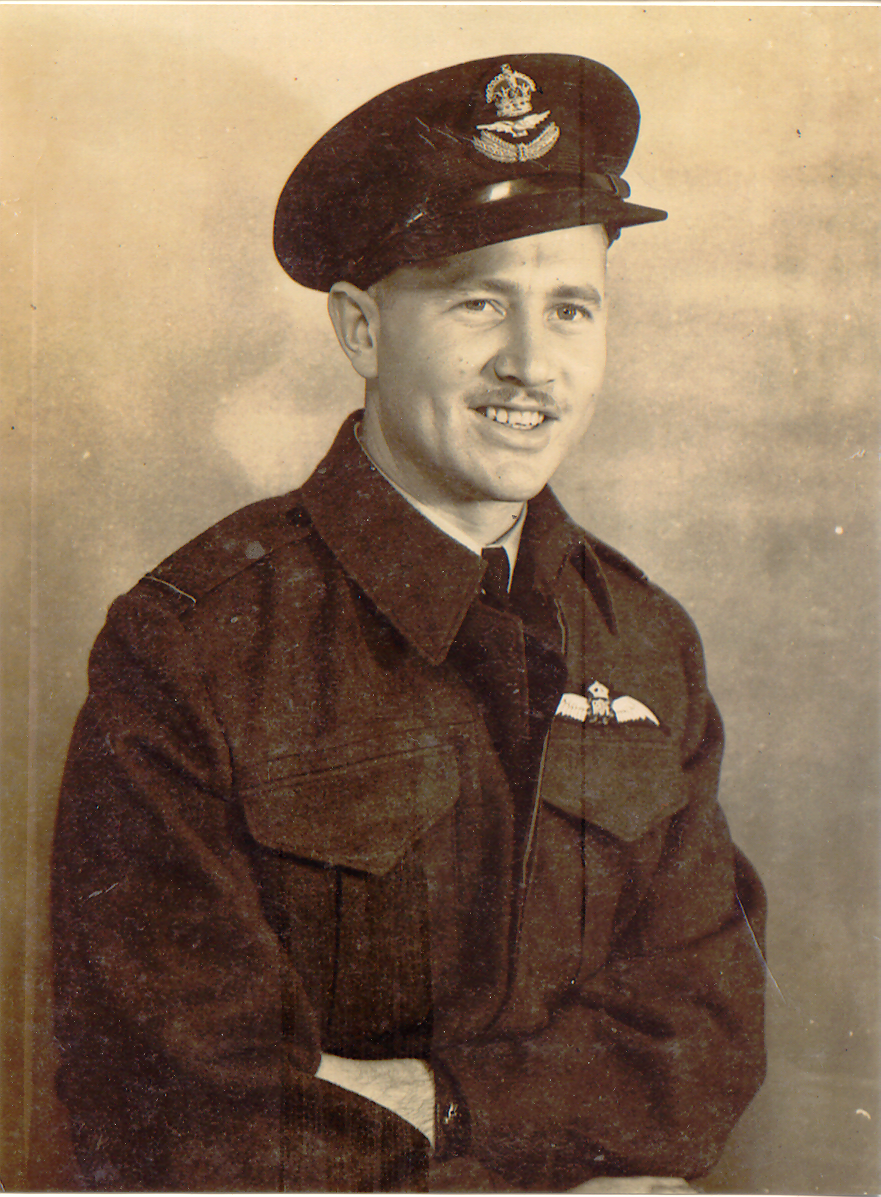 |
| Edwin Albert Greenwood came home from WWI less one arm but went on to start a family. |
He was my mother's father and, in World War I, left Australia by ship to serve overseas. It was four days after his twenty-second birthday when he set sail. At least he came back. I write this in memory of him and the men of my family who served in wars.
The journey by ship to Europe took some months. Like many Australians he volunteered. Australia felt bound to England as an ally and young Australian men from the age of sixteen became cannon fodder in a war that had nothing to do with them and who could not imagine the horrors that would confront them.
My grandfather seemed to take it all in his stride in spite of losing an arm. From his diary he appeared to be stoic and to concentrate and enjoy what was good rather than dwell on what was bad.
I know he grew up on a farm in Hahndorf in South Australia. There was no conscription and he and his brother, Bob, tossed a coin to see who would remain to tend the family farm with their father and mother and who would go to war. My grandfather lost the toss but thankfully not his life.
I often consider how many people were not born as the result of wars. Considering how close my grandfather came to death I may well not be here. He told my mother that he was walking beside another young man on their way to the trenches. When my grandfather went out of the trench into no man's land and was shot, that same young man took the brunt of the blast and was killed although this isn't mentioned in the diary.
Below I have included all there is of his diary. I could have transcribed it but I felt the original, covering 1915 to 1917, was far better to display. His writing is clear. There is discrepancy in the dates where some pages contain periods that go between others on previous pages. I have cut and pasted the pages in order to put them in the right order, but there may remain one or two discrepancies.
He spent one day at the front at Steenwerk in France. It is 56km South East of Dunkirk. He went 'over the top' of the trenches, which he called the 'parapet', was shot and lay on the battlefield for eighteen hours before being brought in. He does not mention in the diary that maggots helped the blood to clot in the wound and helped stem the blood flow.
His
left arm was amputated at the elbow and luckily he came home. His
description of all of this is incredibly matter of fact but read it
yourselves. The diary begins in Melbourne where he boards the first of
the ships that will take him to France.
Steenwerck, Les Monument aux Morts
Below is his diary.
Page 1
 |
| E.A. Greenwood front and centre on Hospital Ship |
End of Diary
Reading this I find it amazing that his writing shows no despair at losing his arm. Perhaps he was just glad to come out alive. Yet there is so much emphasis on the positive. He enjoyed being paraded around Paris and shaking the hands of locals on his way to the trenches.
Later on he had fun on leave in Paris and at a dance in England when out of the hospital. While in hospital they were visited by 'Zeps', Zeppelins that bombed near the hospital on four occasions. He also 'swanked' it in a first class carriage on a train from Southall. The loss of his arm was almost an aside. Perhaps men didn't show their emotions then but I think he had a 'glass half full' mentality.
I know nothing of what happened immediately after this. I also don't know what year Pop, as we called him, met my grandmother, Lillian Sutherland, in a boarding house in Victoria run by her mother. They were married in 1920. He set up a manchester business from scratch and it became so successful it was publicly listed under the name 'E.A. Greenwood'.
People who knew him in business called him the 'one armed bandit', a reference to his shrewdness in business and the poker machines of the time that had a lever (arm) to make them spin rather than buttons.
He was a tall, elegant man who always dressed impeccably. Sadly in his last fifteen years, after my grandmother died, he had a stroke that left him without sight in one eye. He gradually became weaker and was an invalid for the remaining eight years of his life. He remained mentally competent to the end of his life and I loved him dearly even though he was a reticent man.
One moment in France in a senseless war left him disabled for life. He didn't let it interfere with living however and I never once heard him complain. He had a special knife cum fork made in England so that he could eat and drove an automatic car without a problem.
In searching for photos of Pop I also came across some of my father's father Henry Kenneth Prior who later became editor of The Bulletin. His father had bought it from its founder J. F. Archibald.
Ken Prior, as he was known, once joked that he may have shot off Pop's arm as they were in France at much the same time. Ken Prior came out of that war unscathed physically.
My father's father Henry Kenneth Prior on a horse in WWI
Unfortunately the backs of the photos give few details as to his whereabouts in all the photos, however, those that follow were taken in Tel-el-Kebir, Egypt where Ken Prior spent some of the war. Below are other photos and these must be of men in his unit with whom he served. They are well worth including in this tribute even though I cannot name most of the men. They are a visual history. He also went to France but those photos are too faded to place here.

The photo below has details on the back. The men are all from one family. It was taken at Tel-el-Kebir, Egypt in March 1916. Their ranks appear beneath each one.
 |
Cpt. V.H. Gattiff, Lieut. C.E. Gattiff, Capt. F.E. Gattiff
49th Battery 4th L.H. Regiment 54th Battery
Major D.S.O. Captain 51st Battery
|
Whoever these men were, they served their country almost one hundred years ago. There was no fear in their faces, just camaraderie and perhaps that great Australian word, 'mateship'.
WWII
My father served in WWII as a lieutenant. He spent two years in Sydney and told his superiors that if he was not given a posting out of Australia he would go to London and join the Air Force. He was posted to New Guinea and took command of an Anti-Aircraft Artillery Unit. He spent four years there. Happily he was never wounded.
Lt. William Norman Prior WWII
At the end of the war while still enlisted he joined the War History Department. As part of his duties he interviewed senior Japanese officers who were being held to go on trial for war crimes.
Edwin Greenwood's son Ron Greenwood, my uncle, joined the Air Force and served in Canada, the United Kingdom and South East Asia as a Flight Lieutenant. He came out of the war unscathed but tragically died at the age of forty-six from a massive coronary leaving a widow, Margaret and two children, my cousins Malcolm and Debbie.
Ron Greenwood RAAF WWII
I was a young teenager in the sixties and watched the demonstrations against the Vietnam War and forced conscription. Years later I advised my son to never fight in a war that he did not believe in. I would rather he go to gaol and I'd visit him rather than have him conscripted and die in a war that is not Australia's concern.
WWII was our concern. It was the whole worlds. WWI should have remained a European affair but thousands of Australians' lives were sacrificed to it. I am grateful none of the men in my family died in these wars but they served their country selflessly and that is still an extraordinary and honourable act.
I pray and hope our children when never have to fight in another war but here's to those who did. They saw it as their duty and did it with gallantry. Long may their memories live.
END




























